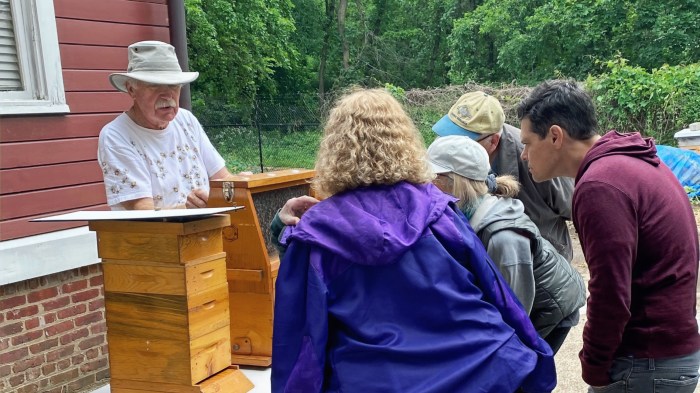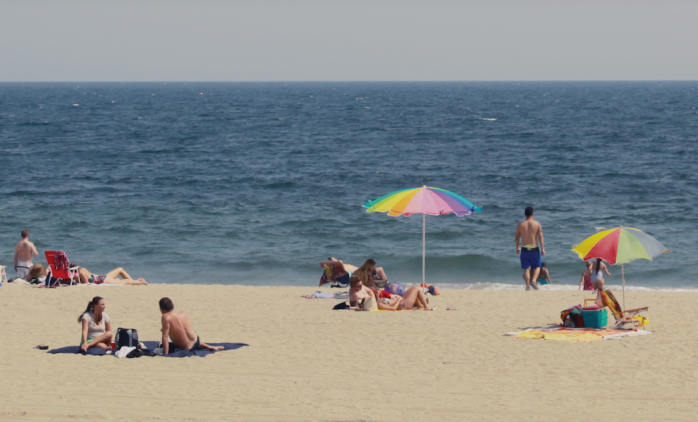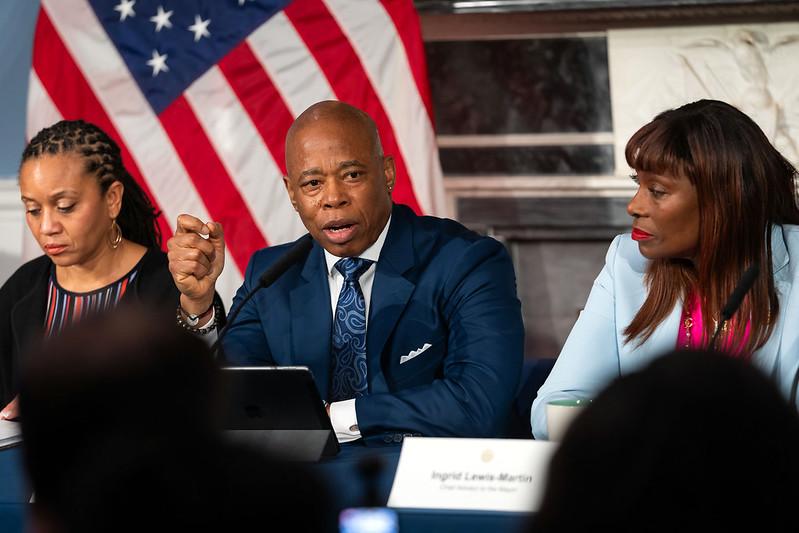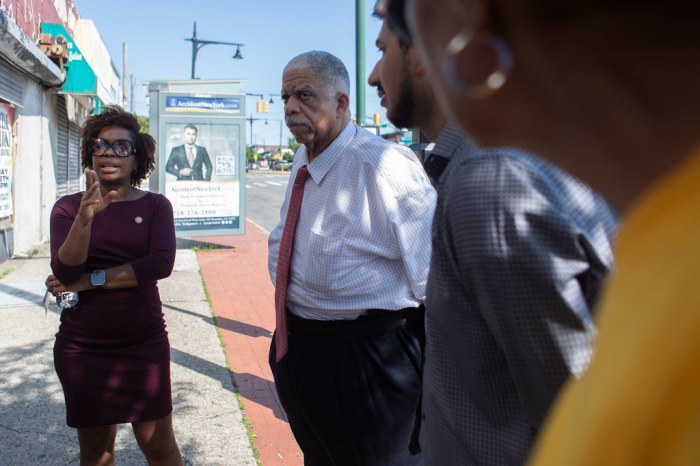The next big constitutional dilemma could be brewing in classrooms across New York City.
With the city expanding its universal prekindergarten (UPK) program and public school space stretched thin, the Department of Education is turning to more private and religious schools for additional classroom space.
In previous years, many religious schools converted their regular pre-k classes to UPK in order to receive city funds. But that came with a spiritual cost, as the DOE prohibits religious instruction in UPK classrooms.
Even so, DOE regulations allow for religious schools to teach certain aspects of their faith in a purely cultural context. As outlined in a New York Times report Tuesday, Aug. 5, “the city’s guidelines say that religious texts may be taught if they are ‘presented objectively as part of a secular program of instruction.’ Learning about one’s culture is permitted, city officials say, but religious instruction is not.”
For instance, the report continues, a school may not hold a mock Seder for Passover since it is considered a ritual, but teachers may educate students on certain “social/historical educational elements” of the Seder. Additionally, religious symbols-such as the Cross, the Star of David or the Star and Crescent-may not be displayed in UPK classrooms. (The symbols, however, may remain on certain objects depending on their size.)
The city DOE has a number of means to restrict religion in these classrooms, including having inspectors regularly visit schools and ensure the UPK classes remain secular. Any classes deemed to be too religious are subject to a “corrective action plan,” and the school may lose its UPK rights altogether.
But that doesn’t seem to be good enough for the New York Civil Liberties Union. Its executive director, Donna Lieberman, was quoted in the New York Times report as stating the system is “ripe for overstepping.”
“You plan to tell a 4-year-old that Jesus, Moses or Muhammad is only in their books as a folk hero, and not as a religious leader? That’s kind of a ‘give me a break,'” said Lieberman.
While the city is happy to expand its secular UPK into religious institutions, it bars religious groups from using its public school space for worship services and other activities not held during school time. The U.S. Court of Appeals for the Second Circuit upheld this decision in an April ruling on a lawsuit filed by a Bronx church that had previously used a public school for weekend services.
The argument is rooted in the U.S. Constitution’s First Amendment, which states: “Congress shall make no law respecting an establishment of religion, or prohibiting the free exercise thereof… .” The amendment, like others in the Bill of Rights, is vaguely written, leading to various interpretations and arguments from all sides.
In our view, the placement of UPK programs in religious schools is a good thing for the city. The arrangement meets a mutual need: the city for classroom space, the religious schools for funding to keep going.
Because the city provides UPK funding to both secular and various religious schools, it could be said that the city isn’t endorsing any faith whatsoever. But the DOE’s restrictions on religious education in those environments could also be considered a prohibition of that school’s right of free religious exercise.
Let’s hope (and pray) someone can fix this conflict of conscience before the courts intervene.
































